
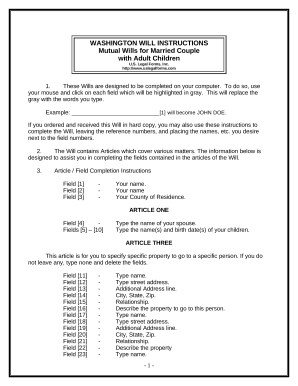
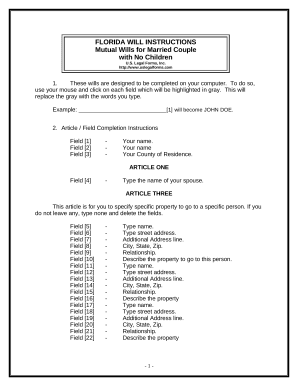
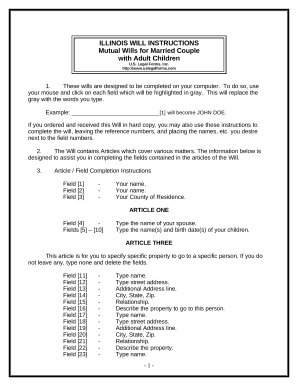

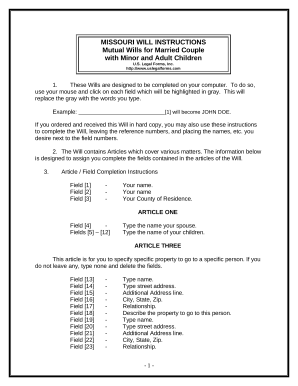
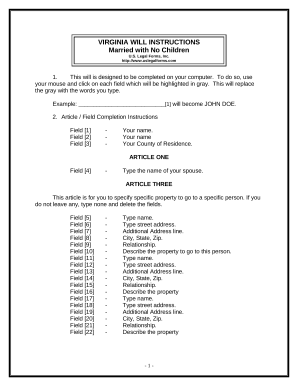

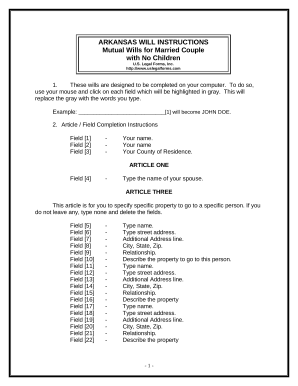
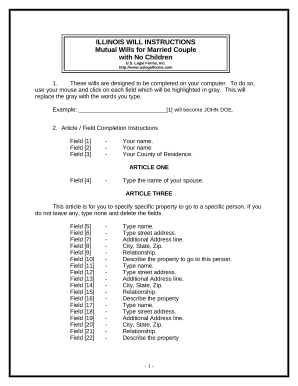
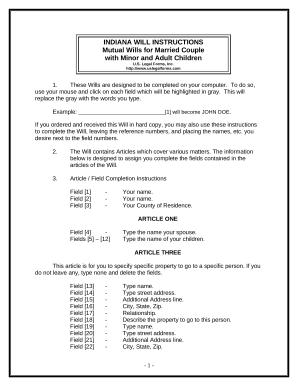
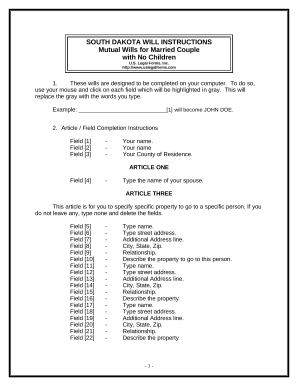

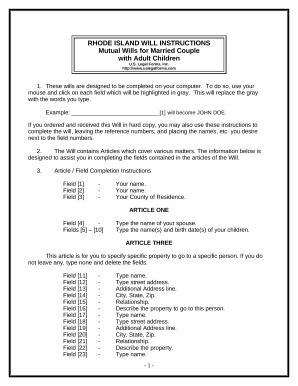
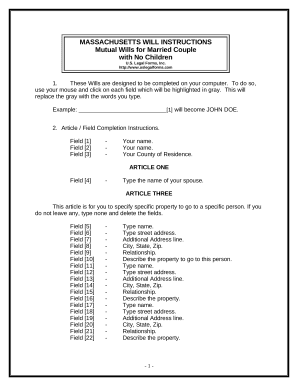
Form management occupies to half of your business hours. With DocHub, it is easy to reclaim your time and effort and enhance your team's productivity. Get Married Couple Testament Forms online library and investigate all document templates related to your daily workflows.
Effortlessly use Married Couple Testament Forms:
Improve your daily document management with our Married Couple Testament Forms. Get your free DocHub profile today to discover all templates.